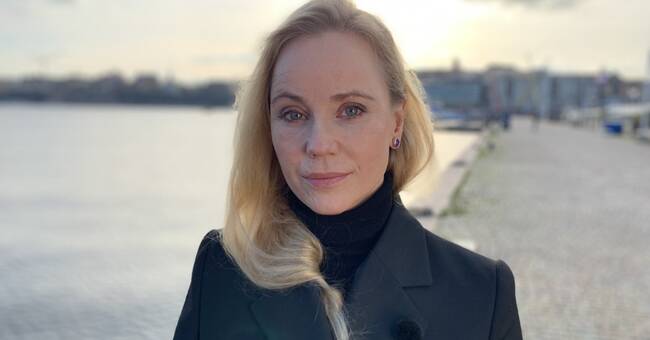In March 2018, representatives from 65 different Metoo appeals submitted a list of demands on seven points to the Minister for Gender Equality.
Among other things, to invest in sex and cohabitation education, investigate more reports and to use the Metoo call's expertise in government investigations.
Now they demand answers to what concrete measures the government has taken.
- What has happened?
How did it go?
How are you going to work further?
We want to see more interest in the fact that this actually happened and that it was a popular movement, says actress Sofia Helin.
The Minister for Gender Equality answers
- These demands are very important complicity to the government and we also have them with us.
We have come further when it comes to certain parts and we have a little longer left when it comes to other things, says Minister for Gender Equality Åsa Lindhagen (MP).
She points to the decision on compulsory elements of sex and cohabitation in teacher education, as well as to the introduction of the consent law, as an example of progress since the Metoo autumn.
- I have every understanding for people around our society who think we have not come far enough, Åsa Lindhagen continues.
Criticism of the media
The representatives of the various me too appeals are now also criticizing the media.
They believe that the focus has shifted from the real issue, and that the debate after the Metoo autumn has come to be more about individual name publications and criticism of the movement for the outbursts that were made.
- There has been a lot of focus on what has gone wrong, on the negative, on which it is a pity.
And very little focus on change and forward movement, says Sofia Helin.

